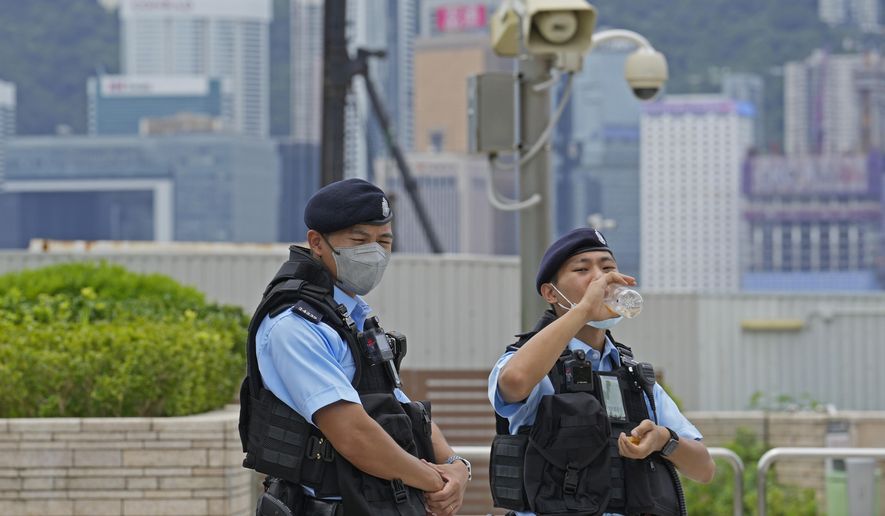The Chinese government has established “overseas police service stations” to keep track of its citizens abroad, including one in New York City and three in Toronto, according to a human rights watchdog group.
Safeguard Defenders said in its report released last month that the “110 overseas stations” are used to help the Chinese Communist Party by “cracking down on all kinds of illegal and criminal activities involving overseas Chinese.”
The main criminal activities that are monitored by the CCP surrogates are fraud and telecommunications fraud, according to the report.
It goes on to say that from April 2021 to July 2022, Chinese authorities claimed that 230,000 Chinese nationals have been successfully “persuaded to return” to China to face criminal proceedings for their actions.
Typically the methods used to ensure a citizen returns involve intimidating and imprisoning a criminal target’s family, or having CCP proxies threaten the target online or in person and get them to “voluntarily” return.
While the stations were partly established in various countries in order to handle administrative duties, such as renewing drivers licenses, the report said that China’s United Front organizations have used the stations to police actions of the Chinese diaspora.
For example, the report says that the CCP has Cambodia listed as one of the nine forbidden countries for Chinese nationals to live in due to its high incidences of fraud.
A Chinese woman running a restaurant in Cambodia was contacted by authorities to return to China in March, according to the report. The woman said she was not committing any fraud and was just doing business in the country.
Chinese officials then warned her in May that she would be put on a telecom suspect list and that they would cut water and power to her mother’s home if she didn’t return. Her mother’s home was later spray-painted with the term “House of Telecom Fraud.”
The report also cites Chinese media reports where other fraud suspects had relatives’ homes spray-painted with shameful messages and their power supply cut off.
The report says the tactics “deprives [Chinese nationals] of the right to be considered innocent until proven otherwise and the right to a fair trial, and also institutes a far-reaching ‘guilt by association’ paradigm.”
China’s Anti-Telecom and Online Fraud Law will go into effect in December, and gives the CCP greater authority to pursue fraud cases committed by Chinese citizens overseas.
There are a total of 54 stations across 30 countries and five continents, according to the report, with the most being in Europe.
• Matt Delaney can be reached at mdelaney@washingtontimes.com.




Please read our comment policy before commenting.